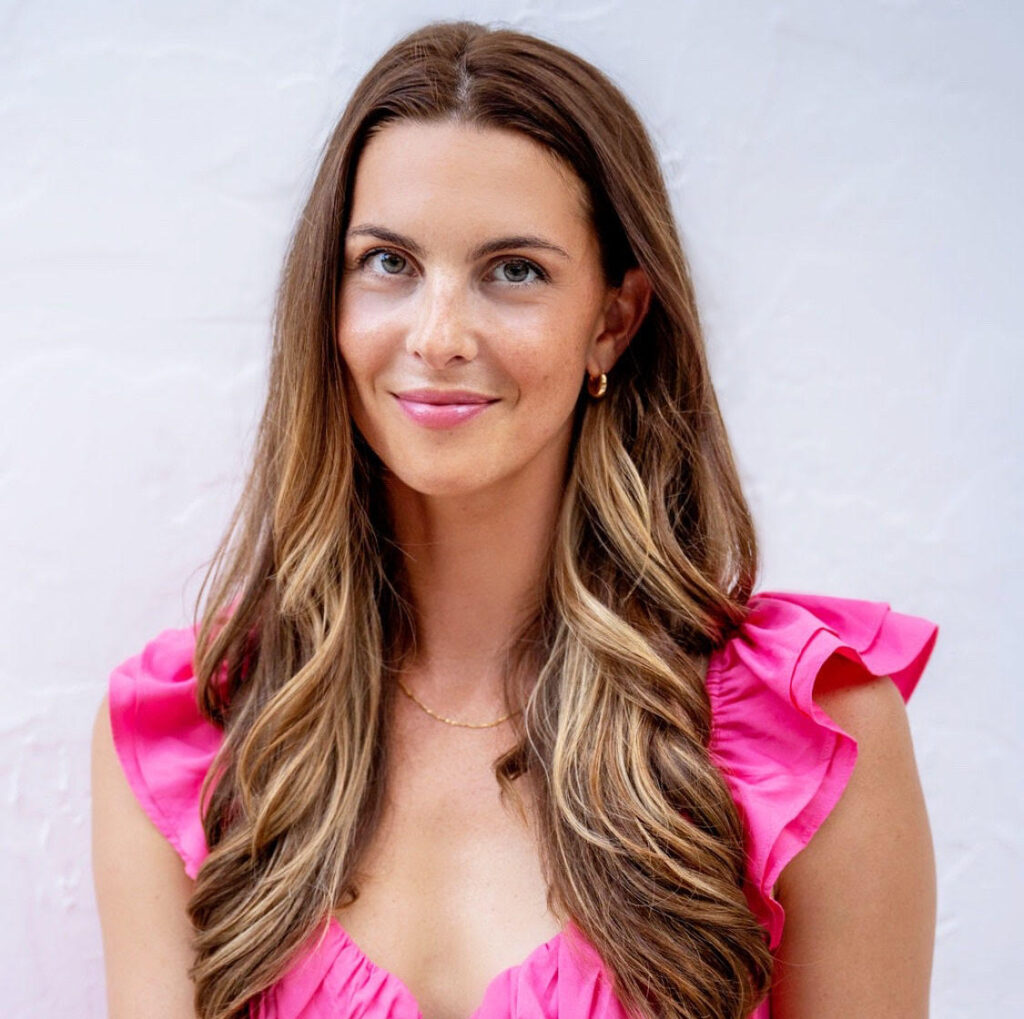Fair Play with Rachel Meakins: Podcast Episode #194

Kristin chats with Rachel Meakins from Zenbari about navigating household responsibilities using fair play. You can listen to this complete podcast episode on iTunes, SoundCloud, or wherever you find your podcasts. Ask The Doulas Podcast · Navigating Household Responsibilities using Fair Play with Rachel Meakins Welcome. You’re listening to Ask the Doulas, a podcast where […]

